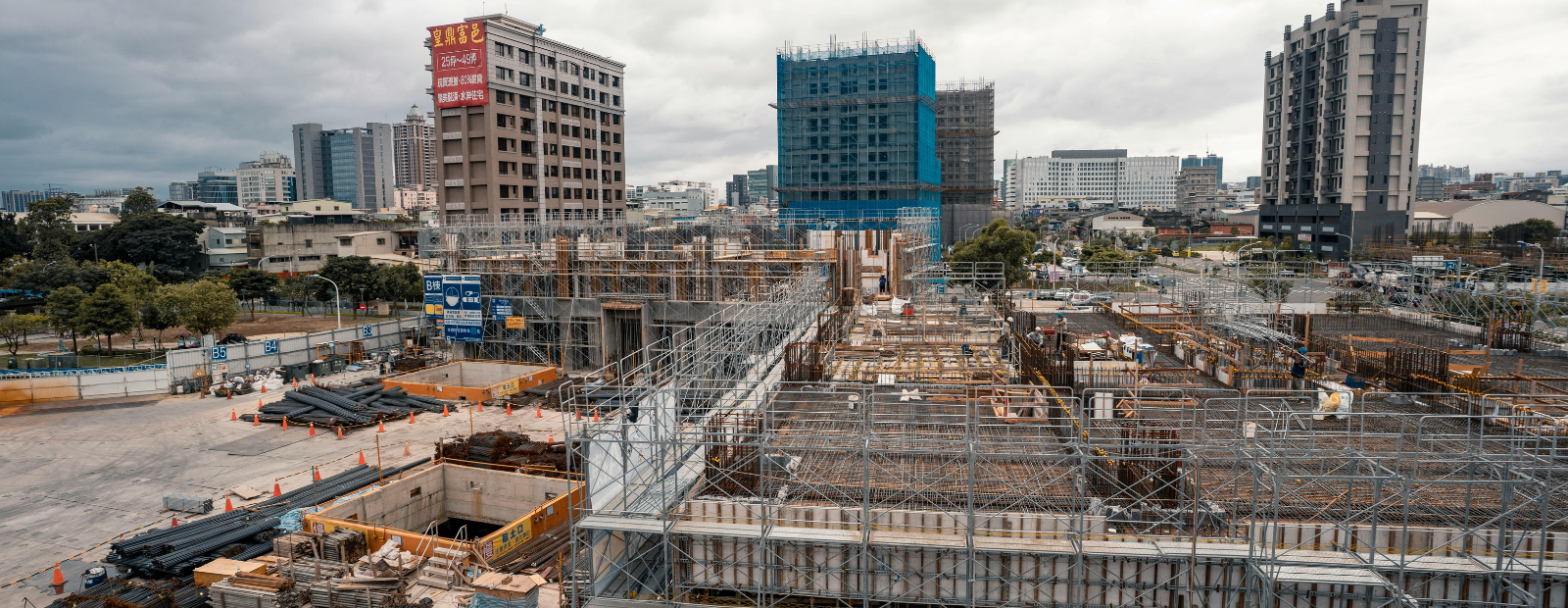
Delhi-NCR experiences a seasonal spike in air pollution every winter due to factors like vehicular emissions, industrial activities, and stubble burning. In response, the government enforces Stage IV restrictions under the Graded Response Action Plan (GRAP), including a construction and demolition ban. While aimed at protecting public health, these measures have profound consequences for the real estate sector.
Delhi's air quality consistently deteriorates to hazardous levels in winter, prompting urgent interventions. Construction activities contribute significantly to dust pollution and are among the first to face restrictions under GRAP. Authorities justify these bans as necessary to reduce health risks, particularly respiratory issues among vulnerable populations.
While environmental protection is paramount, the economic fallout cannot be ignored. Real estate developers and stakeholders highlight several challenges:
Project Delays and Financial Strain
Developers estimate that a one-month halt in construction can delay project timelines by up to three months. This delay not only affects project deliveries but also results in increased costs for developers, who must continue paying for labor and storage of materials. These delays often trigger penalties under RERA (Real Estate Regulatory Authority), further exacerbating financial burdens.
Labor Market Impact
The construction sector employs millions of workers, many of whom are daily wage earners. A sudden halt in work disrupts their income, pushing many into financial hardship. Developers are advocating for exemptions that allow non-polluting activities, such as interior fittings and plumbing, to continue, ensuring some level of income for workers.
Several industry leaders have voiced concerns about the blanket ban’s impact on timelines and costs. They suggest a more nuanced approach that balances environmental needs with economic realities.
The government faces a tough balancing act between enforcing environmental regulations and supporting economic activities. While authorities stress the importance of public health, they also acknowledge the need for dialogue with industry stakeholders to explore solutions that minimize disruptions.
Eco-Friendly Practices
Developers are increasingly adopting eco-friendly measures such as using anti-smog guns and covering construction sites to minimize dust. These practices could be scaled up to allow certain activities to continue during bans.
Flexible Regulations
Stakeholders recommend revisiting GRAP protocols to differentiate between high-polluting and low-polluting activities. Allowing essential non-dust-generating tasks could help maintain project momentum while adhering to environmental goals.
Technological Interventions
The use of prefabricated materials and modular construction techniques can also reduce on-site pollution. These methods not only help in faster project completion but also minimize the environmental footprint.
For homebuyers, construction bans translate to delayed possessions and increased costs. Many buyers rely on project timelines to plan their finances, and delays can lead to additional rent payments or disruption in housing plans.
Investors in real estate may become wary of projects in regions frequently affected by construction bans. This could lead to a shift in investment focus to areas with fewer regulatory disruptions, potentially affecting property prices in Delhi-NCR.
Despite the challenges, the real estate sector remains optimistic. Many developers believe that embracing sustainable practices and working closely with regulatory bodies will help mitigate the impact of future bans. The industry’s focus is shifting towards more resilient planning and contingency measures to handle such disruptions.
The construction ban in Delhi-NCR underscores the urgent need for a balanced approach to environmental protection and economic stability. While the health-first strategy is essential, a collaborative framework that allows for certain non-polluting activities can help minimize economic hardships. Developers, regulators, and policymakers must work together to ensure that both environmental goals and development needs are met.
The future of real estate in Delhi-NCR will depend on how effectively stakeholders adapt to these challenges, fostering innovation and sustainability in the process.